Households have stockpiled war chests of spare cash averaging over $200,000 in some middle-income pockets of Sydney as experts warn high housing costs are widening wealth divides.
Betashates and Digital Finance Analytics data has revealed the average amount of spare cash households have in each postcode, laying bare the varying impact of living cost pressures across the city.
It revealed a correlation between when local residents had purchased their homes and how much money they had squirrelled away for future financial opportunities.
The households with the highest amounts of spare cash were seldom in the wealthiest suburbs and were instead areas dominated by homeowners who bought their properties decades ago.
MORE: Home prices fall in 40pc of Sydney suburbs
Rushcutters Bay households had the most spare cash for future financial opportunities.
MORE: Why Trump win will cost Aussies money
Many of the homeowners in these areas purchased properties when prices were much more affordable relative to incomes, allowing them to build wealth faster than newer market entrants.
Postcodes where residents were saving the least were often home to large amounts of renters or those who had bought homes in recent years, when prices were substantially higher relative to salaries.
Martin North, analyst at Digital Finance Analytics, which provides research for hedge funds and other financial groups, said housing costs were exacerbating wealth inequalities.
“Australia used to be a lot more egalitarian,” he said. “That’s changed in more recent years and the gap between the haves and have nots is widening.
“There are people who are really doing it tough but there are also a huge number of households who are doing extremely well, not just because of their incomes, but because they’re spending less on housing costs and are at a stage of life where they can save more.”
Sydney suburbs with the highest amounts of spare cash.
The Sydney suburbs where households had the highest average amounts of spare cash – over $200,000 – included Rushcutters Bay and Balmain, according to the data.
Other areas where households tended to be sitting on high amounts of spare cash, averaging from $150,000-$190,000, were Matraville and Kensington, in the southeast, and, in Sydney’s north, Lindfield, Beacon Hill and North Sydney.
“These households are less likely to need to sell their homes, so the supply and demand equation will keep prices higher,” Mr North said.
“There are also smaller impacts like households being able to better maintain their properties. They keep their gardens cleaner. Those under the gun are less able to do those things.”
Suburbs where households had much less free cash (less than $10,000) tended to be suburbs with ample new housing like Menangle and Strathfield.
They were also outer areas or those with a high proportion of renters.
MORE: Debt traps: suburbs with worst mortgage debt
Betashares CEO Alex Vynokur.
MORE: Key behind scenes event not shown on Block
The Betashares Direct Financial Opportunity Report analysed the finances of 52,000 Australian households.
All income sources were examined, with essential spending subtracted to understand how much households had available to improve their financial security.
The research also considered the 1.275 million households in Australia who want to use their spare cash flow for improved financial outcomes. The study followed Betashares announcing zero brokerage fees on ASX300 shares.
Betashares CEO Alex Vynokur said the data showed the households with the most freed up cash were not always the wealthiest earners. It’s “places you might not expect”, he said.
“Often people who earn a lot, spend a lot. The lifestyle of wealthy Aussies is not always the lifestyle that necessarily lends itself to a decent savings balance.”
MORE: Revealed: Aussie suburbs primed to make you quick money
Mortdale resident Morgan Milton, with son Rueben and puppy Ralphie, said putting away money for investment was getting harder. Picture: Sam Ruttyn
MORE: Home trick nets dad extra $426k a year
Mr Vynokur said the amount of cash households had at their disposable was influenced, not simply by how much they earned, but how much they kept.
“People tend to spend more on rent and mortgages in fancy areas and they send their kids to private schools. What we know for sure is that the net balance of how much you have (in cash) is a function of income and expenditure,” Mr Vynokur said.
He added that many of the areas where households had greater savings balances were family-orientated.
“It’s counterintuitive,” he said. “You’d think it’s families that would spend more but they’re often the ones that tend to think most about the next generation.”
Mortdale resident Morgan Milton, 31, said higher interest rates and huge increases in the cost of living had made it much harder to save than only a few years ago.
Stiff competition for property and the resulting high housing costs are limiting people’s ability to build wealth. Picture: Sam Ruttyn
“Everything is expensive in Sydney. We used to be able to save about 20 per cent of what we earned, now its 5-10 per cent,” she said.
“We’ve learned to be a lot tighter with money as we want to invest more. We’re buying a lot of ETFs. We see it as the most achievable way for us to build wealth.”
Mr North said: “Younger generations are more likely to be renting, living further out, and or have a lot less paid down on their mortgages.
“There would be fewer younger people saving up significant amounts and often it’s for the purposes of getting together a deposit on a home.”
AVERAGE AMOUNT OF SPARE CASH SYDNEYSIDERS HAVE:
| Suburb | Spare cash flow as avg. per household |
| Rushcutters Bay | $240,192 |
| Balmain | $229,309 |
| Matraville | $190,584 |
| Lindfield | $183,767 |
| Frenchs Forest | $179,457 |
| Erskineville | $177,861 |
| Regents Park | $173,411 |
| North Sydney | $170,687 |
| Chippendale | $169,039 |
| St Peters | $168,532 |
| Beacon Hill | $167,080 |
| Kensington | $155,141 |
| Ultimo | $153,415 |
| Bellevue Hill | $152,578 |
| Balgowlah | $149,325 |
| Seaforth | $145,802 |
| Lane Cove | $143,155 |
| Ryde | $143,128 |
| North Ryde | $140,552 |
| Warrawee | $132,036 |
| Rhodes | $130,529 |
| Bilgola | $129,015 |
| Pitt Town | $128,289 |
| Leichhardt | $127,988 |
| St Ives | $127,564 |
| Blaxland | $125,667 |
| Dover Heights | $125,197 |
| West Gosford | $122,277 |
| North Richmond | $120,350 |
| Quakers Hill | $120,168 |
| Cherrybrook | $118,881 |
| Castlecrag | $118,621 |
| Shell Cove | $117,395 |
| West Pymble | $116,374 |
| Randwick | $116,337 |
| Edmondson Park | $116,142 |
| Cabarita | $116,098 |
| Alexandria | $116,072 |
Source: Betashares



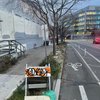







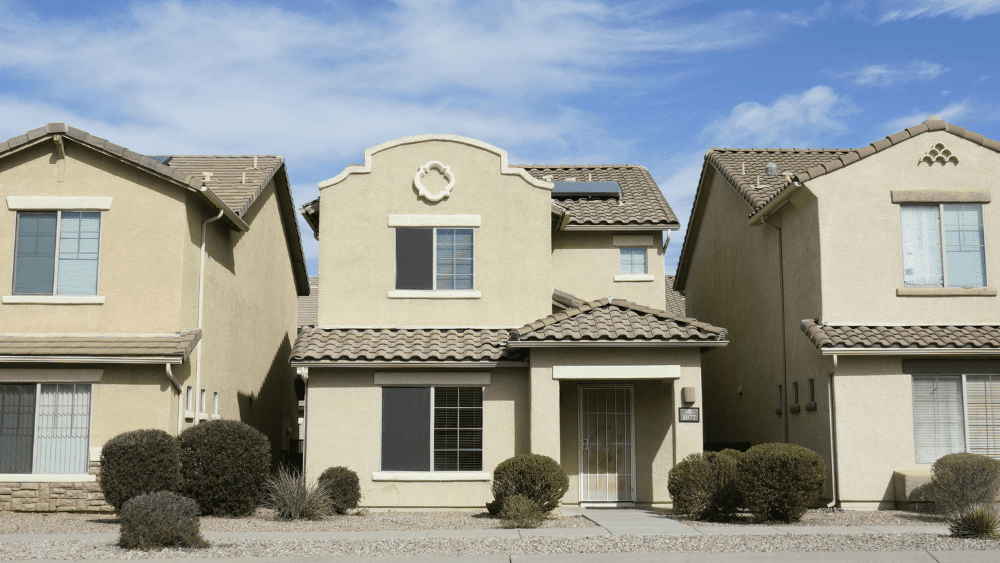


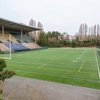


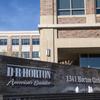
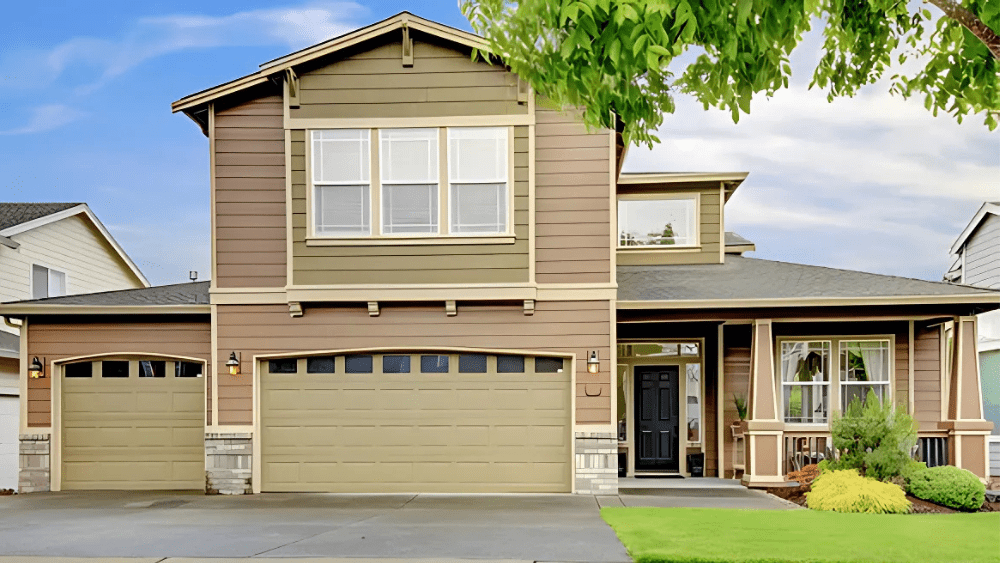
 English (US) ·
English (US) ·